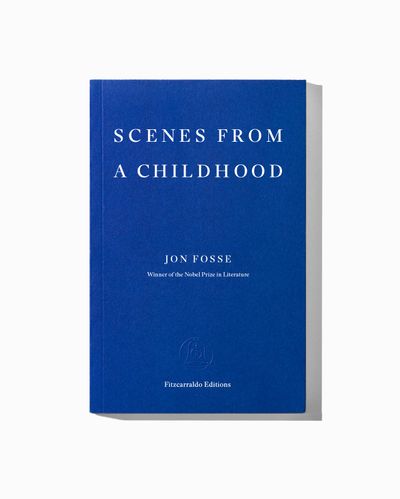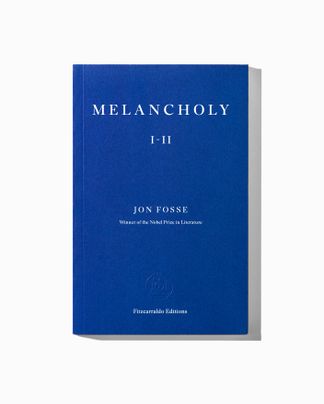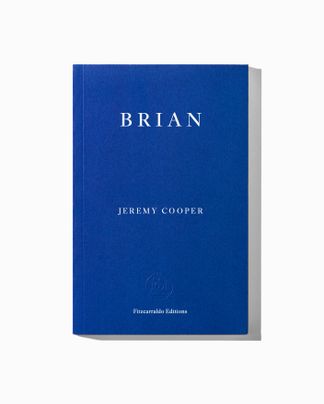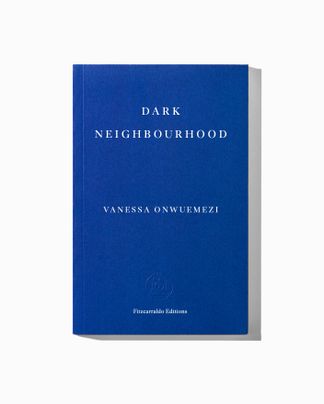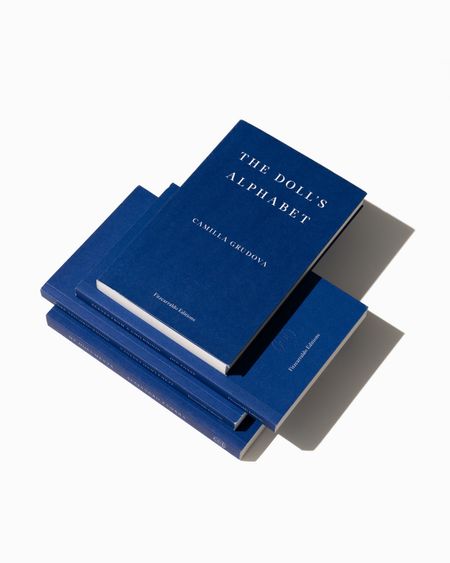Winner of the 2023 Nobel Prize in Literature
Co-funded by the Creative Europe Programme of the European Union
Scenes from a Childhood is the latest collection of stories by Jon Fosse, one of Norway’s most celebrated authors and playwrights, famed for the minimalist and unsettling quality of his writing. In the title work, a loosely autobiographical narrative covers infancy to awkward adolescence, unearthing the moments of childhood that linger longest in the imagination. In ‘And Then My Dog Will Come Back To Me’, a haunting and dream-like novella, a dispute between neighbours escalates to an inexorable climax. Taken from various sources, the texts gathered here together for the first time demonstrate that the short story is one of the recurrent modes of Fosse’s imagination, and occasions some of his greatest works.

